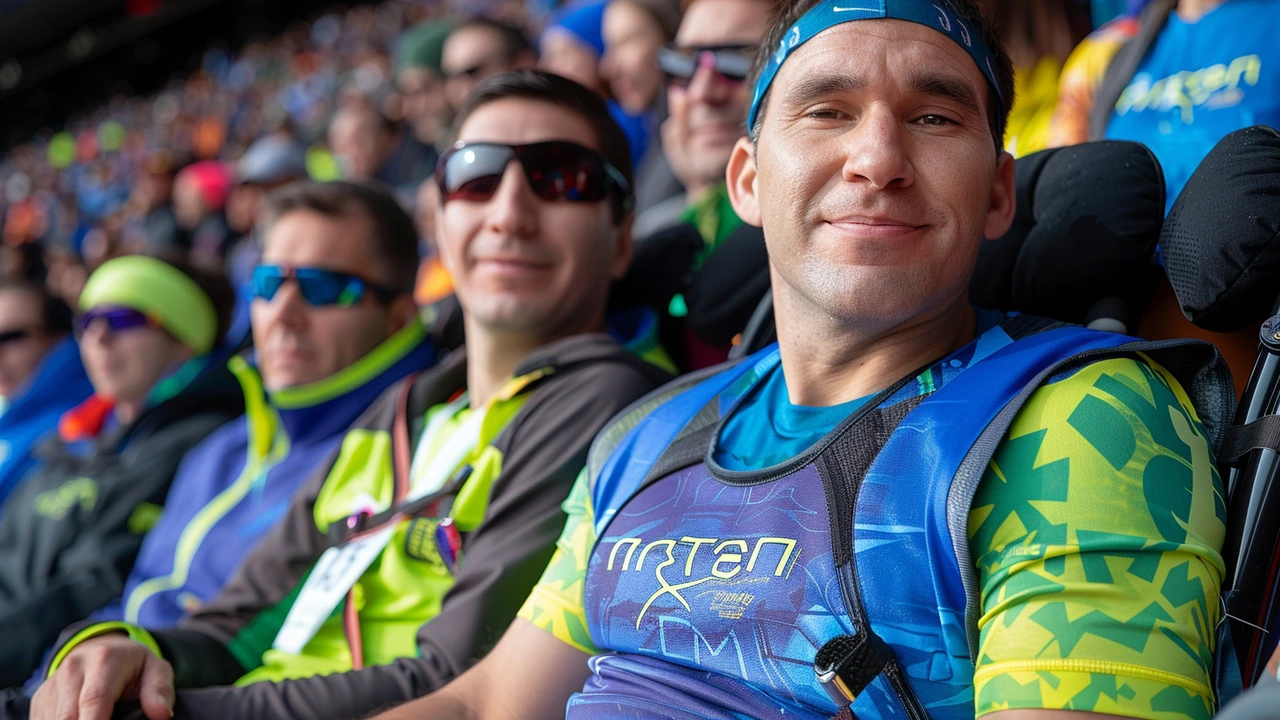Motor Neurone Disease: What You Need to Know
If you’ve heard the term "motor neurone disease" (MND) and aren’t sure what it means, you’re not alone. It’s a serious condition that affects the nerves controlling muscles, but there are clear signs and practical steps you can take right away.
What Is Motor Neurone Disease?
MND is a group of disorders where motor neurons—cells that send signals from your brain to your muscles—gradually die. When those cells stop working, the muscles become weak and waste away. The most common form is amyotrophic lateral sclerosis (ALS), but there are other types like primary lateral sclerosis and progressive bulbar palsy.
Early symptoms often look harmless: a clumsy hand, trouble buttoning a shirt, or stumbling when you walk up stairs. Some people notice slurred speech or difficulty swallowing first. If you experience any of these without an obvious cause, it’s worth getting checked out.
Doctors diagnose MND through a mix of clinical exams, nerve‑conduction tests, EMG (electromyography), and sometimes imaging to rule out other issues. There isn’t a single blood test that can confirm it, so a specialist’s assessment is key.The disease progresses at different speeds for each person. Some live many years after diagnosis; others see faster decline. Knowing the likely course helps you plan treatments and lifestyle changes early.
Living With MND: Care & Support
There’s no cure yet, but several therapies can slow symptoms and improve quality of life. Medications like riluzole or edaravone may extend survival by a few months. Physical therapy keeps muscles as strong as possible, while speech therapists help maintain communication.
Assistive devices make daily tasks easier: braces for the hands, wheelchairs for mobility, and communication boards if speaking becomes tough. Early adoption prevents sudden loss of independence.
Emotional support matters just as much as medical care. Joining a local MND support group or an online community gives you a place to share experiences, ask questions, and find practical tips. Many charities also offer counseling, respite care for families, and advice on equipment funding.
If you’re caring for someone with MND, remember to look after yourself too. Simple things like regular breaks, talking to other caregivers, and using home‑care services can reduce burnout.
Finally, keep an eye on research. Clinical trials are constantly testing new drugs, gene therapies and stem‑cell approaches. Being part of a trial can give access to cutting‑edge treatments and help the scientific community move closer to a cure.
MND is tough, but with early detection, proper medical care, and strong support networks, you can manage symptoms and maintain dignity. Stay informed, ask questions, and connect with resources—your next step could make a real difference.

Kevin Sinfield Leads Emotional Tributes to Rugby Legend Rob Burrow after MND Battle
Kevin Sinfield and the world of rugby league have paid emotional tributes to Rob Burrow, who passed away at 41 after battling motor neurone disease. Burrow, a former Leeds Rhinos star, raised significant funds for MND research and inspired many with his courage and strength. He is celebrated as one of the greatest players of his generation.



